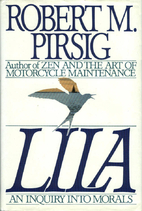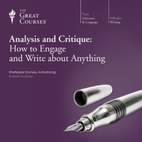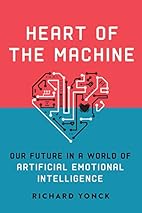I was disappointed in this book. It is part of a series known as The Long Earth, I wasn’t aware of that when I started the book. The premise is that there are a large number of parallel universes that can be stepped through, they are mostly similar with minor differences, mostly involving plants and animals. The plot involves an alien invasion in one of the parallel-Earths.
It felt like the world wasn’t thoroughly thought through. It is easy for people, either individuals with abilities or with devices, to step between the worlds. Yet, in a world, almost all thinking is normal within the world. Rather than build a house, then step into a parallel farm to work, they would build a normal farmstead. It would seem more interesting with four-dimensional dwellings and working environments.
The other problem was that the solution was just handed to the main characters. Someone showed up, this is how we solve it, and bang. There was a moral dilemma associated with the solution, but this, too, was solved to easily. And there wasn’t sufficient explanation about why it would actually work, muchh less discussion. Some of this could have been explained in the three earlier volumes that I haven’t read.
I would say that the series isn’t worth the time to read it, but I’d first like to have a discussion with someone who has read them.









